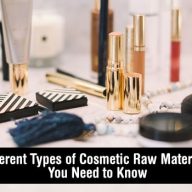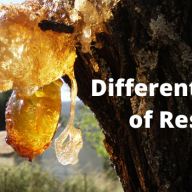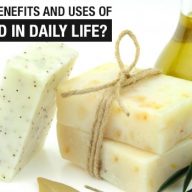Preservatives in Cosmetics | All You Need to Know
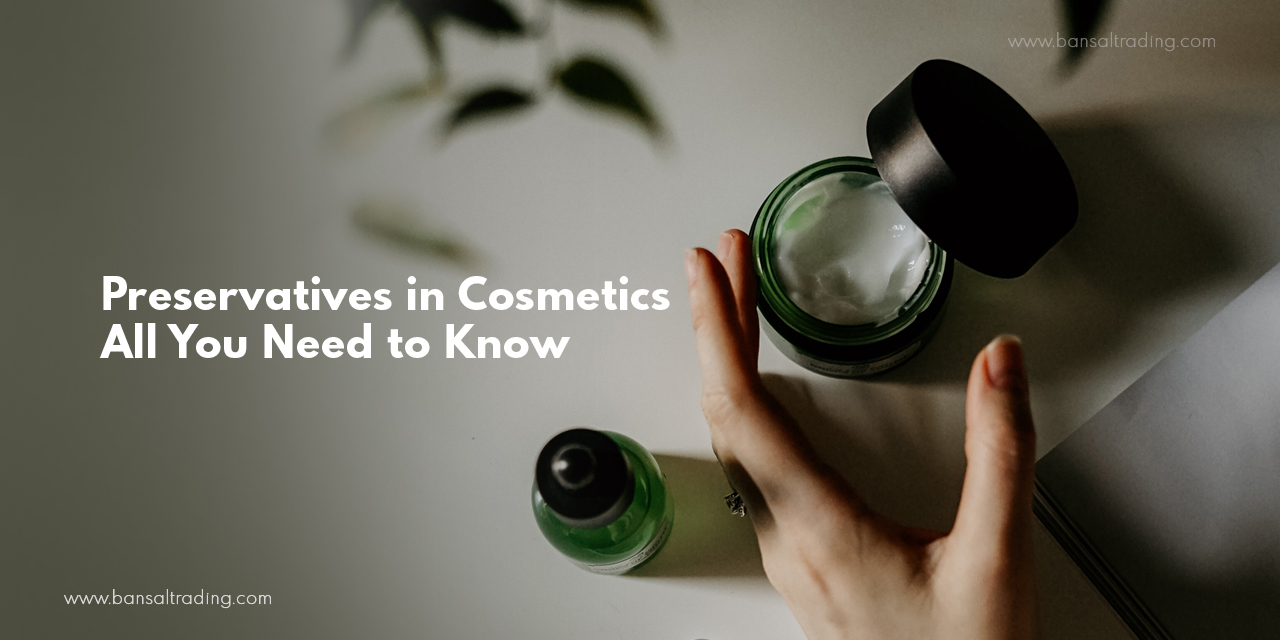
Preservatives play a crucial role in the formulation and safety of cosmetic products. They are responsible for preventing microbial contamination, maintaining product integrity, and ensuring consumer safety. In this blog, we will delve into the world of preservatives in cosmetics, exploring their significance, common types, controversies surrounding their use, and alternatives. Understanding the importance is essential for both manufacturers and consumers to make decisions about the products they use. By gaining a comprehensive understanding, you can make wise choices when selecting and using personal care products.
What is a Preservative?
It is a substance or ingredient added to products to prevent or inhibit the growth of microorganisms, such as bacteria, fungi, and yeast. There are natural preservatives and artificial preservatives.
Benefits of Cosmetics Preservatives
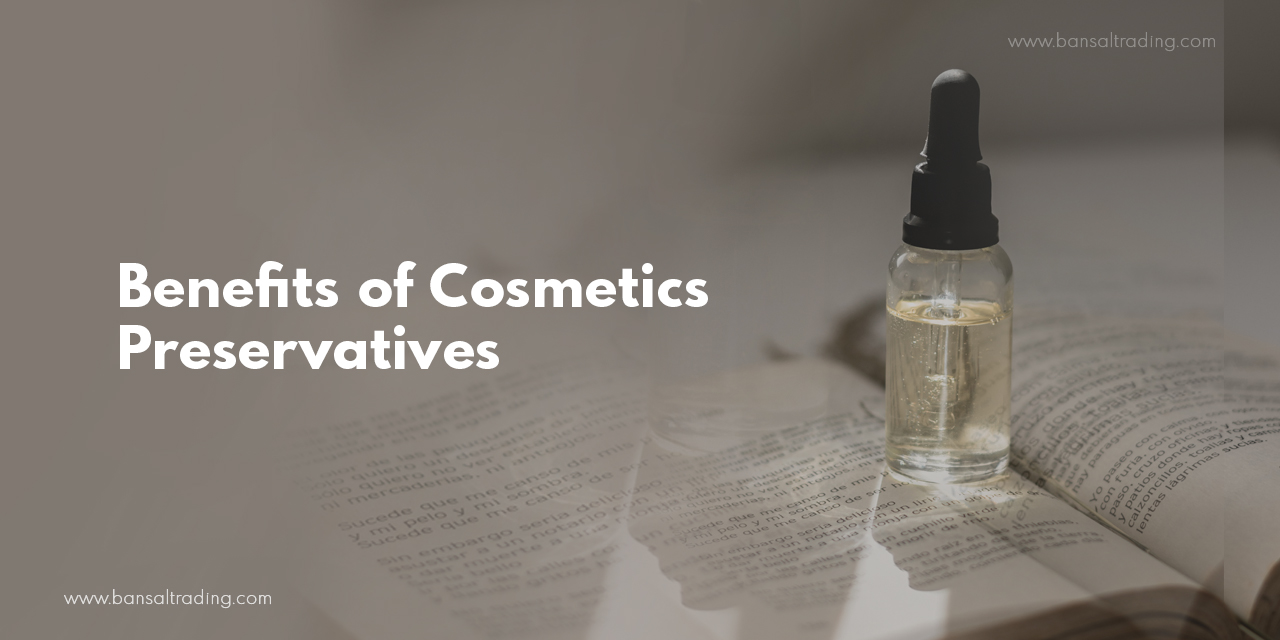
Preservatives are essential components of cosmetic formulations that provide numerous benefits, ensuring the quality, safety, and efficacy of personal care products. Here are several key benefits:
- Extending Product Shelf Life: It is primarily used to extend the shelf life of products. Without its presence, microorganism growth is enhanced leading to product spoilage, degradation, and potential health risks. Also, inhibit the growth of bacteria, fungi, and other microorganisms, preventing contamination and allowing products to maintain their integrity over time. This ensures that consumers can use the products for their intended duration without concerns about efficacy or safety.
- Preventing Microorganism Growth: Microbial contamination is a significant concern in cosmetic products, as they often contain ingredients that provide a favorable environment for microbial growth. Preservatives act as a barrier against harmful microorganisms, such as bacteria, fungi, and yeast, that can proliferate in cosmetic formulations. By inhibiting microorganism growth, preservatives help prevent potential infections, skin irritations, and other adverse reactions that can result from using contaminated products.
- Ensuring Product Safety for Consumers: Preservatives play a crucial role in maintaining the safety of personal care products. The presence of preservatives in beauty products helps minimize the risk of harmful microorganisms that may cause infections or allergic reactions when applied to the skin, eyes, or mucous membranes. By effectively controlling microbial growth, preservatives contribute to the overall safety of cosmetics, providing consumers with confidence in the products they use.
- Maintaining Product Quality: Preservatives help preserve the quality and performance of cosmetic products. They prevent spoilage and maintain the products’ desired texture, appearance, and fragrance. Cosmetic formulations often contain water, oils, and other ingredients that can be susceptible to degradation or rancidity when exposed to microorganisms. By preserving the freshness and stability of the products, preservatives in cosmetics ensure that consumers receive consistent quality and effective performance. Dimer acid plays a crucial role in maintaining the product quality of cosmetics due to its unique properties. Dimer acid suppliers in India provide a seamless supply of this acid to the cosmetics industry.
- Compliance with Regulatory Guidelines: Regulatory bodies, such as the FDA in the United States and the EU Cosmetics Regulation in Europe, have established guidelines and restrictions regarding preservatives in cosmetics. Compliance with these regulations is essential for cosmetic manufacturers to ensure consumer safety and maintain legal obligations. Preservatives that have been thoroughly tested and approved by regulatory authorities provide confidence to manufacturers, retailers, and consumers that products meet the required safety standards.
- Cost-Effectiveness: Properly formulated and preserved cosmetics have an extended shelf life, reducing the likelihood of product wastage due to spoilage. By preventing microbial contamination and maintaining product quality, preservatives contribute to cost-effectiveness for both manufacturers and consumers. Cosmetic companies can optimize their production processes, reduce inventory losses, and provide consumers with longer-lasting products, enhancing their overall value.
Also Read: What Does Niacinamide Do To Your Skin? | 10 Benefits
Safe Preservatives for Cosmetics
When it comes to formulating cosmetics, selecting safe and effective preservatives is crucial. Preservatives ensure product safety and prevent the growth of harmful microorganisms, maintaining the integrity and stability of cosmetic formulations. If you want to purchase these products, it’s recommended to contact cosmetic raw material suppliers in India. Here are several safe preservatives commonly used in cosmetics:
- Aldehydes: Aldehydes, such as formaldehyde and glutaraldehyde, are effective preservatives with broad-spectrum antimicrobial properties. They are used in low concentrations and have a long history of safe use in cosmetic products. However, it’s important to note that formaldehyde can be a sensitizing agent for some individuals, so its use is regulated and limited in cosmetics.
- Parabens: Parabens, including methylparaben, ethylparaben, propylparaben, and butylparaben, have been widely used as preservatives for decades. They are effective against bacteria and fungi, have a low sensitization potential, and are generally considered safe for use in cosmetics within regulatory limits. However, there have been concerns about their potential hormone-disrupting effects, and some consumers prefer to choose paraben-free products.
Also Read: 8 Essential Anti-Acne Ingredients to Add to Your Skincare Routine
Personal Care Products
- Organic Acids: Organic acids, such as benzoic acid and sorbic acid, are commonly used as safe preservatives in cosmetics. They inhibit the growth of microorganisms by creating an acidic environment. Benzoic acid skin care is highly effective and its salts, such as sodium benzoate, are effective against bacteria and fungi. These organic acids have a long history of safe use and are generally well-tolerated by most individuals. Benzoic acid helps maintain the quality and safety of skincare formulations. Also, sorbic acid in skin care is commonly used alongside other preservatives to provide broad-spectrum antimicrobial activity. For a comprehensive selection of cosmetics that prioritize safety and quality, look for trusted skin-lightening agent distributors in Delhi who offer skincare products formulated with effective and well-tolerated organic acids.
- Ecocert preservatives: Ecocert-approved preservatives are derived from natural sources and meet strict safety and environmental criteria set by Ecocert certification. Examples of Ecocert preservatives include benzyl alcohol, salicylic acid, dehydroacetic acid, and potassium sorbate. These preservatives offer effective antimicrobial properties while adhering to natural and organic certification standards.
- Potassium sorbate for hair: Potassium sorbate is a preservative commonly used in hair care products. It inhibits the growth of fungi and yeast, preventing spoilage and contamination. Potassium sorbate helps maintain the quality and safety of hair care formulations, ensuring product stability and effectiveness.
Also Read: Surfactants: Making Personal Care and Homecare Easier
Alternatives to Traditional Preservatives
Natural Preservatives for cosmetics:
Essential Oils: Essential oils are volatile aromatic compounds derived from plants. Many essential oils possess antimicrobial properties that can inhibit the growth of microorganisms. Examples of essential oils commonly used as natural preservatives in skincare include tea tree oil, rosemary oil, lavender oil, and thyme oil. However, it’s important to note that essential oils can vary in their efficacy, and some individuals may be sensitive or allergic to certain oils.
Plant Extracts: Plant extracts, derived from various parts of plants such as leaves, stems, and flowers, can also offer preservation benefits. Some plant extracts contain natural antimicrobial compounds that help inhibit the growth of microorganisms. Common examples include grapefruit seed extract, rosemary extract, and neem extract. Plant extracts not only provide preservation properties but can also offer additional skincare benefits, such as antioxidants and soothing properties.
How to Preserve Natural Skin Care Products?
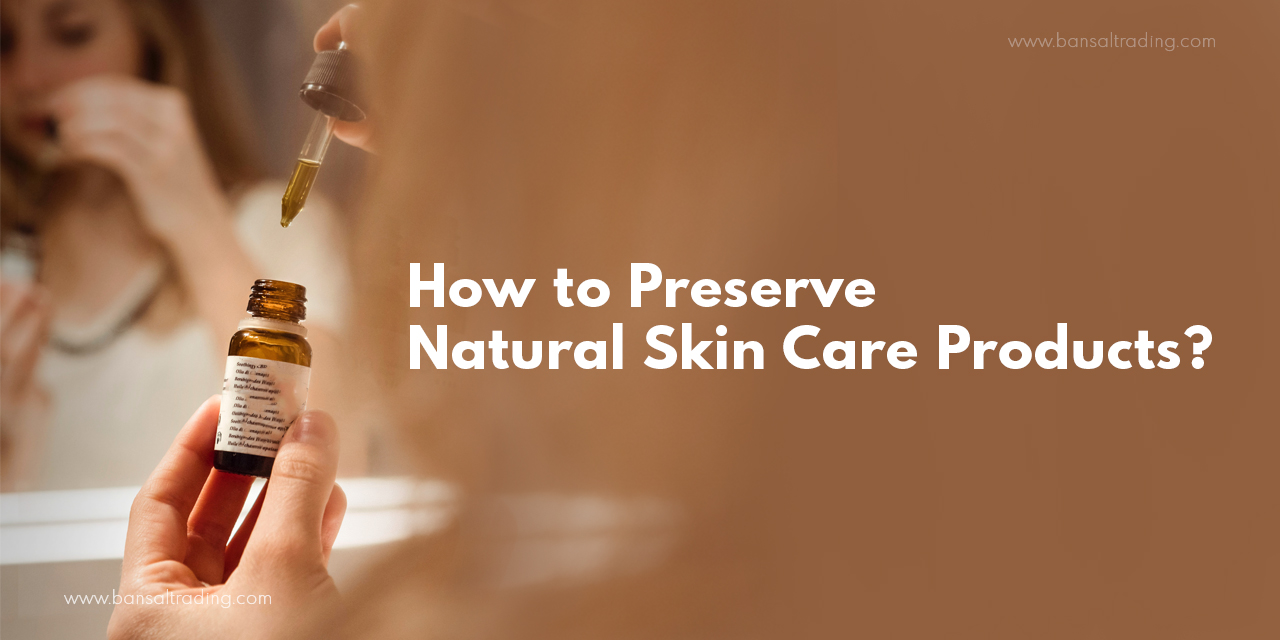
Packaging Innovations: Packaging innovations can help enhance the preservation of cosmetic products. For example, airless pump containers reduce air exposure, preventing contamination and oxidation. Vacuum-sealed packaging also helps extend product shelf life by minimizing contact with external contaminants. Light-blocking packaging, such as opaque or tinted bottles, protects light-sensitive ingredients from degradation.
Controlled-Release Systems: Controlled-release systems are designed to release preservatives or antimicrobial agents gradually over time, ensuring a sustained antimicrobial effect. Microencapsulation is one such technique, where active ingredients are encapsulated in microscopic particles that gradually release the preservative. This approach can improve the efficacy and longevity of preservation while reducing the concentration of preservatives needed.
Microbiome-Friendly Formulations: The skin’s microbiome, which consists of beneficial microorganisms, plays a crucial role in maintaining healthy skin. Microbiome-friendly formulations aim to preserve the balance of the skin’s microbiome while preventing the overgrowth of harmful microorganisms. These formulations often utilize prebiotics and postbiotics, which nourish the skin’s beneficial bacteria and support a healthy microbial ecosystem.
Glycerine, known for its natural moisturizing properties, is another popular ingredient used in clean beauty formulations as an alternative to traditional preservatives. For access to a wide range of clean beauty products containing natural preservatives like glycerine, consumers can connect with trusted glycerine distributors in Delhi, promoting the use of safer and more environmentally-friendly skincare options.
While alternatives to traditional preservatives offer potential benefits, it is important to note that no preservation method is entirely without risks. Natural preservatives and innovative techniques require careful formulation and testing to ensure their efficacy and safety. Chemical suppliers in India ensure techniques to test and carefully formulate these products.
Also Read: Natural Colorants For Cosmetics: What You Need To Know
Conclusion
It’s worth noting that the use of cosmetic preservatives is regulated by various authorities, including the FDA in the United States and the EU Cosmetics Regulation in Europe. These regulatory bodies set limits on the allowable concentrations of preservatives and continuously evaluate their safety based on scientific studies and data.
In recent years, there has been a growing demand for preservative-free or “clean” beauty products. This has led to the development of alternative preservation methods and natural preservatives, such as essential oils, plant extracts, and organic acids. These alternatives aim to meet consumer preferences while ensuring product safety and stability.
Top chemical distributors in India, carefully select and formulate this based on their efficacy, safety, and compatibility with different product formulations. Understanding the common preservatives used in cosmetics empowers consumers to make informed choices about the products they use while considering their preferences and sensitivities.
Jayant Agro Organics Ltd, a reputable supplier of cosmetic raw materials, adheres to these strict regulations and ensures the provision of safe and compliant preservatives for the cosmetics industry.
BTC_WEB_ADMIN



